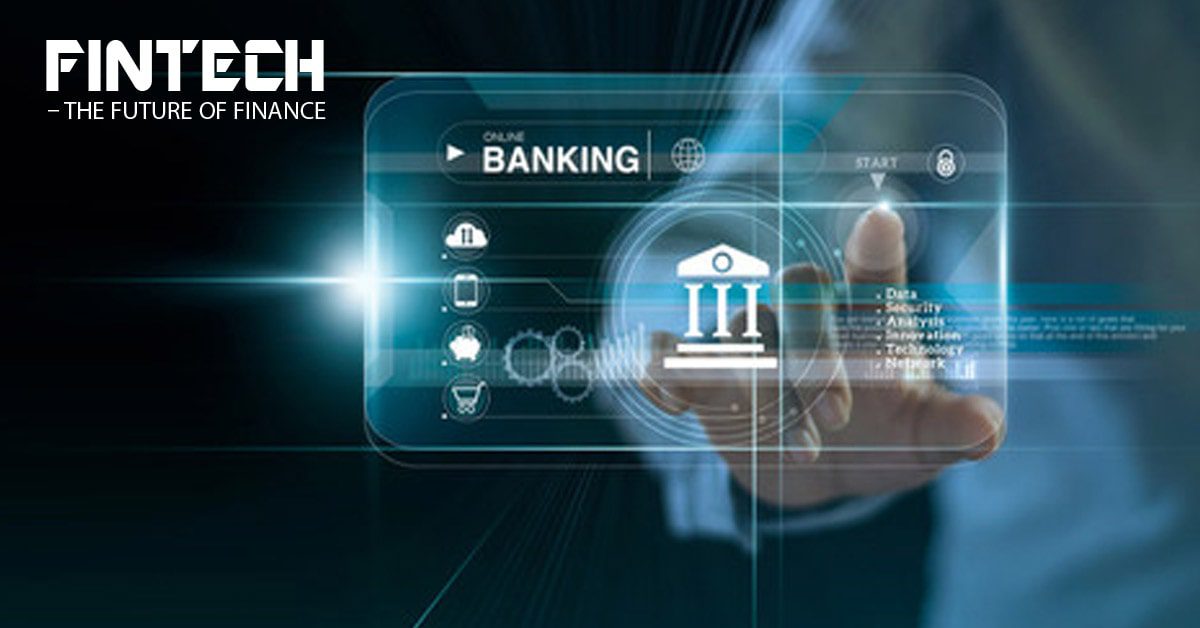Following the significant growth of digitisation, the field of FinTech, or Financial Technology, has perceived a massive influx comprising new tech advancements, businesses and platforms. In recent years, this field has witnessed exponential growth and is estimated to hit $2.1 trillion by the end of the year 2030. Furthermore, fintech in India was ranked as the 2nd most funded startup sector in the year 2022.
Keeping all these in mind, it can be safe to say that the fintech industry is likely to grow further in the upcoming years.
On that note, here is a detailed guide to the top 10 fintech-based business schools that are currently offering leading fin-tech courses in India to help you become a part of this dynamic field.
SP Jain Institute Of Management And Research
Situated right at the heart of the country’s financial capital, Mumbai, the SP Jain Institute Of Management And Research is one of the well-known B-schools in India. It is recognised by the UGC and AICTE. From amazing academic facilities to lucrative placement opportunities, SPJIMR provides a lot of advantages to all its students. It also offers many courses that primarily focus on financial technology, such as the Executive Certificate Programme In Fintech and Blockchain. By pursuing the same, you can not only enhance your financial skills but also develop critical strategic thinking abilities, both of which are considered highly valuable by top firms and organisations.
Narsee Monjee Institute of Management Studies
Moving on, the NMIMS is yet another business school situated in India that is known for its academic excellence and exciting placement opportunities. One of the many things that set this institute apart from the others is its specialisation in banking. It covers some of the most important aspects of the finance domain, such as risk management, insurance, and corporate finance.
National Institue Of Bank Management
Established in the year 1969, the National Institute of Bank Management is among the very few institutions in India that provide specialisation in banking and financial services. It is typically tailored for candidates who wish to advance their careers in the field of banking and finance and enhance their managerial skills.
Indian Institute Of Management, Indore

The IIM Indore is an autonomous business school situated in India that provides various unique programmes for candidates who wish to emerge as successful leaders in the field of management. Among the many courses offered by this institute, one such includes the PG Certificate Programme For Emerging CFOs. It is a specialised finance program designed for professionals who wish to advance their careers in the finance sector. From business valuation, to finance technology and risk management, you get to learn everything with this course.
Indian Institute of Management, Calcutta
With as many as 50+ years of academic experience, the IIM, Calcutta, is the first national institute for postgraduate studies and research in management. Its Executive Programme In Investment Banking and Captial Markets is specifically targeted towards working professionals with at least 2 years of work experience. With the help of this programme, you not only get to enhance your practical knowledge and technical skills but also gain access to cutting-edge finance training. An interesting fact about IIM Calcutta is that it secured the first position in the ‘Indian Best B-School 2021’ by Business Today.
Delhi School Of Business
Situated right in the heart of Delhi, the Delhi School Of Business is perhaps one of the most well-known educational institutions in India. An interesting fact about this business school is that it secured the 13th position in the list of ‘Top MBA Institutions In Delhi, NCR’. Moving on, the PGDM in Fintech program offered by this institute is a two years, full-time course specifically designed for aspiring Fintech leaders. It offers a comprehensive guide to some of the key aspects of the fintech industry and trains its candidates in leading technologies, such as cyber security and cloud computing. At Delhi School of Business, you get to explore some additional benefits, such as world-class interdisciplinary labs, a digital library with premium publications, and access to international conferences, among others.
KL University
Established in the year 1980, KL University boasts as many as 42 years of educational leadership. It was accredited as A++ by NAAC and is known for offering 100% placement to all its students. It offers a plethora of programmes and courses, one such among them includes the MBA in Fintech program. It is typically a 2 years, full-time on-campus course that aims to train individuals in the field of finance technology. The program covers some of this industry’s most critical aspects and provides practical training on the leading technologies, such as ML, AI, API, and Cloud Computing. Graduates from this university are known for working in some of the top companies across the globe, such as Infosys, Cognizant, and Accenture, among others.
Xavier Institute Of Social Service
XISS, also known as the Xavier Institute Of Social Service, was formerly an extension of St. Xavier’s College, Ranchi. Its primary goal was to train individuals in rural development and industrial relations. Ever since then, it has come a long way and has now successfully established itself as one of the leading management schools in India. The PGDM in Finance Management program is one of the many courses offered by this institute. It enables students to establish a strong foundation of finance fundamentals and enhances their value-based leadership skills. Some of the most important topics covered in this program include business law, financial markets and services, business communication, and marketing of financial services, among others.
Geeta University
Situated in Delhi, Geeta University is well known for its academic excellence. It has also won many awards in the past, such as the Award For Best Learning Environment, the Award For Best Placement, and Award For Best Education Group, among others. From skill enhancement certifications to access to interdisciplinary research labs and digitally enabled campus, this institute provides several benefits to its candidates. The MBA in Fintech is one of the many programmes offered by Geeta University that aims to enhance certain crucial skills such as business acumen, strategic thinking, and leadership qualities. As far as the curriculum is concerned, the MBA in Fintech course covers some crucial finance fundamentals, such as
- Strategic Management and Global Environment,
- Principles of Economics and
- Cryptocurrencies, among others.
Lal Bahadur Shastri Institute of Management
To save the best for the last, we present to you the Lal Bahadur Shastri Institute of Management, one of the most reputed institutes in India that primarily focuses on management and information technology education. Its PGDM Financial Management program is specially designed for candidates who wish to advance their careers in the field of financial management. It covers several important topics related to this field, such as corporate finance, economics, information technology, and human relations, among others. Other than these, with this program, students also get to hone their communication, critical thinking, and decision-making skills.
Conclusion
All of these above-mentioned business schools in India are well-recognised for their strong finance programs, specialised courses, and research initiatives focused on FinTech and related fields. Each of these institutes comes with its own set of advantages and disadvantages. While some might be situated quite far away, some might be expensive. Therefore, conducting thorough research on all these educational institutes is always recommended before finally choosing the best one for yourself!





